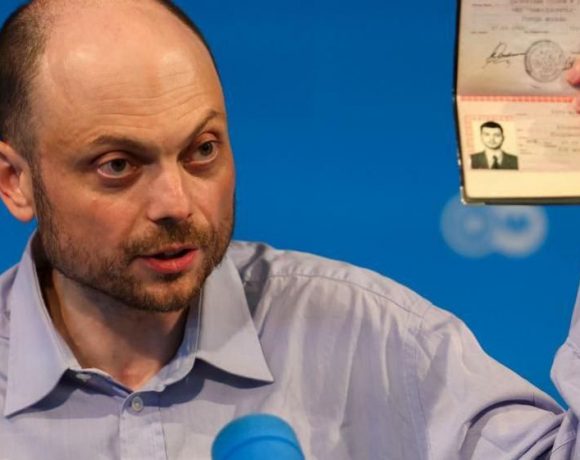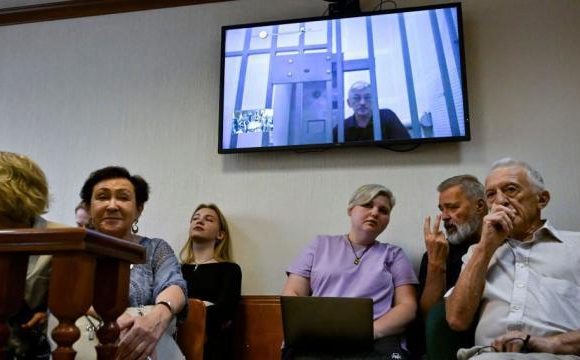
Spain confirmed that Venezuela has freed five Spanish citizens, including Venezuelan-Spanish human rights activist Rocío San Miguel, in a move amid Caracas’s ongoing political upheaval. Foreign Minister José Manuel Albares said the group — also comprising Andrés Martínez, José María Basoa, Ernesto Gorbe and Miguel Moreno — is set to return to Spain with embassy support, a decision Madrid called a “positive step.” San Miguel, a lawyer and prominent critic of the Venezuelan government, had been detained since February 2024, drawing international condemnation.
The releases came after Venezuela’s National Assembly President Jorge Rodríguez announced that a “significant number” of foreign and Venezuelan prisoners would be freed, framing the gesture as part of efforts to seek peace following recent turmoil. Yet rights groups and families of detainees reported that many Venezuelan political prisoners remain behind bars despite the announcement, with continued uncertainty outside detention centers.
The broader context involves heightened tensions after U.S. forces captured former President Nicolás Maduro in a military operation, prompting political shifts in Caracas. Opposition figures have long demanded the release of political detainees, while human rights organizations estimate hundreds remain imprisoned for their activism or dissent.
Pic courtesy: google/ images are subject to copyright


